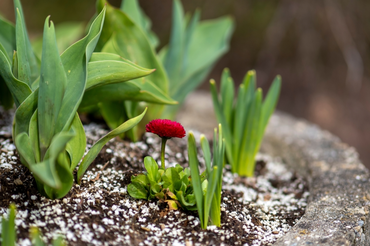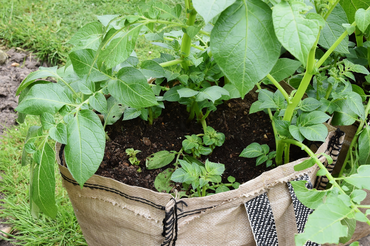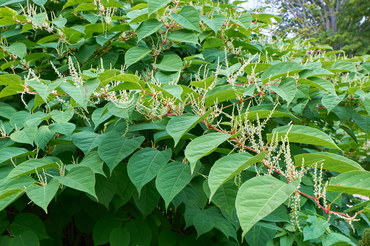
Why Houseplants Need Feeding
Like us, plants need food to grow and stay healthy. They get most of their nutrients from the soil, but houseplants grown in pots will quickly use up all the nutrients in fresh compost. So to keep your houseplants healthy and looking good, it’s important to feed them regularly.
Types of Houseplant Feed
All plant fertilizers contain nitrogen, phosphorus, and potassium, which are essential for plant growth. Nitrogen (chemical symbol N) promotes healthy leaves, phosphorus (chemical symbol P) is needed for roots and shoots, and potassium (chemical symbol K) for the growth of flowers and fruit. The percentage of each of these elements in fertilizer will be shown on the packaging and is often referred to as the NPK ratio.
A balanced fertilizer will contain similar levels of nitrogen, potassium and phosphorus. For example, Miracle-Gro Water Soluble Plant Food (a balanced feed) has an NPK ratio of 20 - 20 - 20, whereas a high nitrogen feed like Baby Bio has an NPK ratio of 10.6 - 4.4 - 1.7.
High nitrogen feeds are good for foliage plants, helping them produce lots of big, healthy leaves. On the other hand, flowering houseplants need a high potash (potassium) feed which boosts the production of flowers. Specialist feeds are available for many plants, including cacti and succulents, citrus plants and orchids.
How to Feed Houseplants
Like other plants, houseplants need feeding most during their growing period, which is usually spring and summer.
As a general rule, feed your houseplants fortnightly in spring and summer, and reduce this to a monthly feed in autumn and winter.
Here are a few tips on how to feed some of the more specialist houseplants:
-
Streptocarpus: Feed with a general-purpose houseplant feed in spring, then change to a high potash feed in summer to promote flowering. Use a specialist Streptocarpus food, or use tomato feed diluted to at least half-strength.
-
Orchids: Take care not to over-feed. If you are using a general houseplant feed on your orchids, dilute it to quarter strength, or use a specialist orchid feed and follow the instructions on the pack.
-
Cacti and succulents: These can survive with minimal feeding, but they will flower more if fed. Use a specialist cactus and succulent feed in spring and summer.
-
Citrus plants: Citrus trees are ravenous plants, so feed every two weeks in spring and summer with a high-nitrogen citrus summer fertilizer and a specalized citrus winter feed during the winter months.
-
Carnivorous plants: These grow best in very poor soil and don’t usually need extra feeding, provided they are placed where they can catch their own food.
Need advice on what to feed your plants? We have a wide range of plant feeds and fertilizers in our centre, and our friendly staff are always happy to help.




